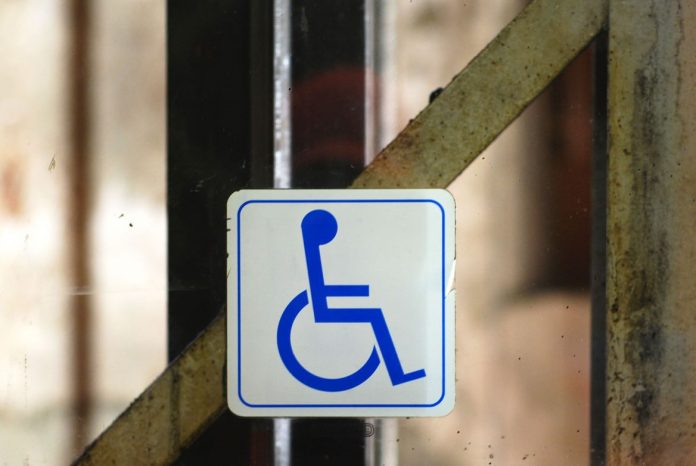Bulgaria’s planned disability welfare reform sparked mass protests on April 11. Critics argued the reform will result in benefit cuts for disabled.
But the government insists the proposed reform is based on the World Health Organization’s guidelines which aim to get disabled people back into the work place.
“The intended reform aims to take away a disability-compensating income and send (disabled) people to the labour market to seek for jobs which don’t exist,” said Adriana Stoimenova, deputy chair of the National Council for the Integration of People with Disabilities.
As reported by the Reuters news agency, disability welfare payments in Bulgaria cost the government about €87m each year. But official statistics show that around 900,000 payments are made each year to 500,000 recipients, and this discrepancy has given rise to accusations of fraud.
To avert the April 11 protest, the government withdrew particularly contested details of the bill, including the introduction of stricter criteria in disability assessments, but the rally in the capital Sofia went ahead.
Labour Minister Biser Petkov is slated to meet representatives of disability groups on April 11 for discussions of the reform plans.
“The aim of the changes the government is proposing is not to reduce the support for disabled people but to achieve a fairer distribution and fraud prevention,” he said.

